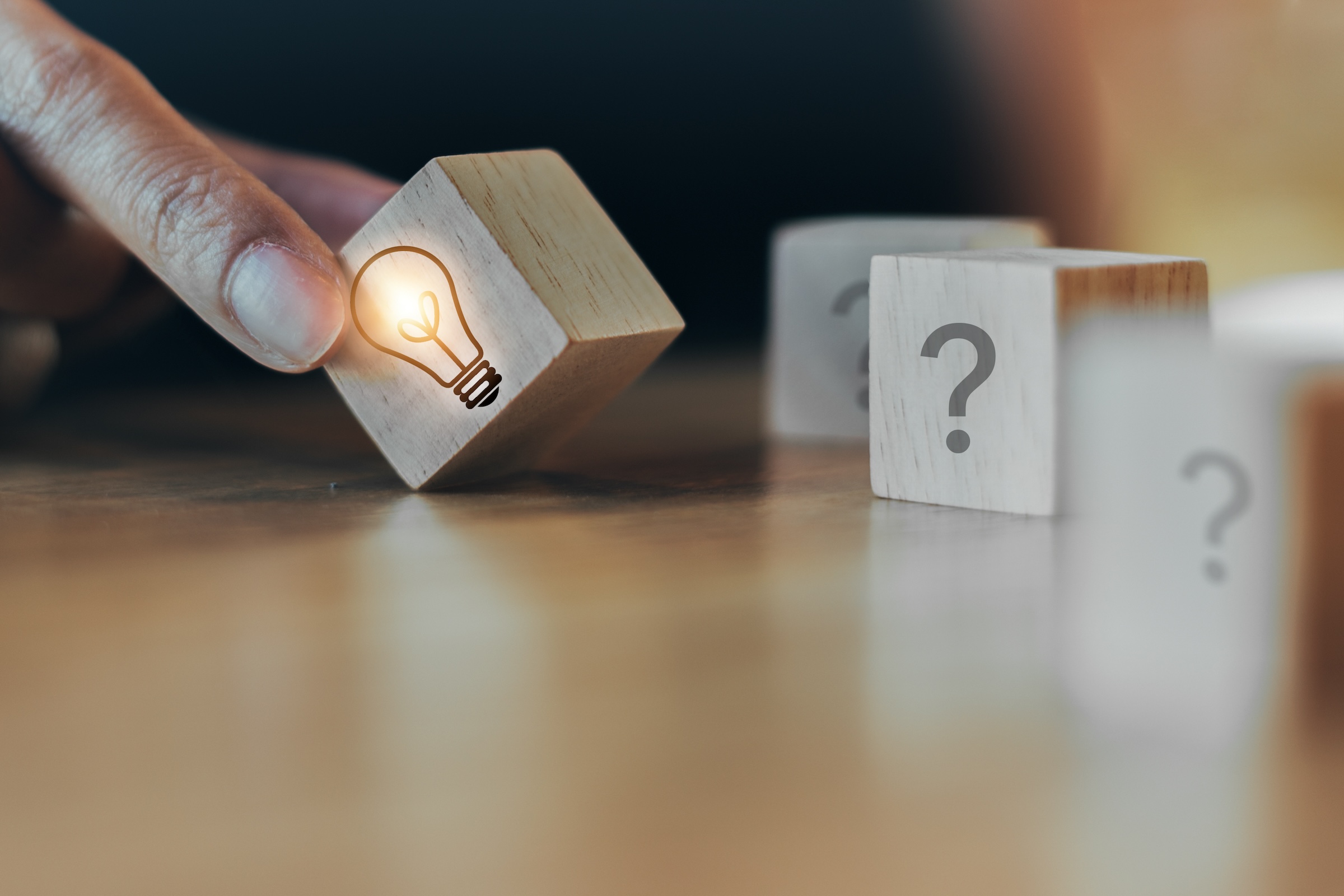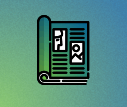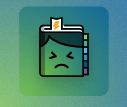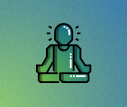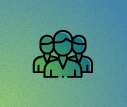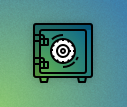“Trying to do everything at once means failing at everything.”
"Trying to do everything at once means failing at everything."
Georg Christoph Lichtenberg (1742-1799), German physicist
-
References
Charron S, Koechlin E. Divided representation of concurrent goals in the human frontal lobes. Science. 2010 Apr 16;328(5976):360-3. doi: 10.1126/science.1183614.
Donoso M, Collins AG, Koechlin E. Human cognition. Foundations of human reasoning in the prefrontal cortex. Science. 2014 Jun 27;344(6191):1481-6. doi: 10.1126/science.1252254.
Houle TT, Turner DP, Golding AN, Porter JAH, Martin VT, Penzien DB, Tegeler CH. Forecasting individual Headache Attacks Using Perceived Stress: Development of a Multivariable Prediction Model for Persons With Episodic Migraine. Headache. 2017 Jul;57(7):1041-1050. doi: 10.1111/head.13137.
Kouneiher F, Charron S, Koechlin E. Motivation and cognitive control in the human prefrontal cortex. Nat Neurosci. 2009 Jul;12(7):939-45. doi: 10.1038/nn.2321.
Mansouri FA, Koechlin E, Rosa MGP, Buckley MJ. Managing competing goals – a key role for the frontopolar cortex. Nat Rev Neurosci. 2017 Nov;18(11):645-657. doi: 10.1038/nrn.2017.111.
Martin PR. Stress and Primary Headache: Review of the Research and Clinical Management. Curr Pain Headache Rep. 2016 Jul;20(7):45. doi: 10.1007/s11916-016-0576-6. Review.
Ophir E, Nass C, Wagner AD. Cognitive control in media multitaskers. Proc Natl Acad Sci U S A. 2009 Sep 15;106(37):15583-7. doi: 10.1073/pnas.0903620106.
Rouault M, Drugowitsch J, Koechlin E. Prefrontal mechanisms combining rewards and beliefs in human decision-making. Nat Commun. 2019 Jan 17;10(1):301. doi: 10.1038/s41467-018-08121-w.
Turner DP, Houle TT. Influences on headache trigger beliefs and perceptions. Cephalalgia. 2018 Aug;38(9):1545-1553. doi: 10.1177/0333102417739310.
Turner DP, Lebowitz AD, Chtay I, Houle TT. Forecasting Migraine Attacks and the Utility of Identifying Triggers. Curr Pain Headache Rep. 2018 Jul 16;22(9):62. doi: 10.1007/s11916-18-0715-3. Review.
Internet:
https://www1.wdr.de/wissen/mensch/multitasking-102.html Multitasking – Mythos oder machbar?
https://www.zeit.de/karriere/beruf/2012-08/multitasking-gehirnleistung Multitasking – Alles gleichzeitig funktioniert nicht
Harald Neumeyer: Der Flaneur, Internetlink: https://books.google.de/books?id=dxjdAt41XpcC&printsec=frontcover&hl=de&source=gbs_atb#v=onepage&q&f=false
- zuletzt abgerufen 2.9.2019








